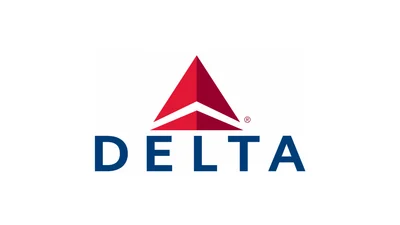High passenger demand on certain trunk routes also plays a role. For example, regional flights between major Asian cities often carry hundreds of passengers each way. By using the A380, airlines can accommodate these volumes without needing additional flight frequencies.
Fleet utilization strategies further influence this practice. Airlines may use short-haul flights to position their A380s for later long-haul departures or arrivals at key hubs. This helps keep the aircraft productive throughout the day.
Branding considerations are also significant. Offering flagship cabins and premium services on short sectors helps airlines differentiate themselves in competitive markets. “Flying the A380, even on a short route, allows carriers to showcase their flagship cabins, premium suites, and lounges in the sky,” states one industry observer.
Historically, deploying large aircraft on short domestic or regional routes is not new; Japanese carriers frequently used Boeing 747s between Tokyo, Osaka, and Sapporo during previous decades for similar reasons—dense demand and limited airport capacity.
Aviation analysts support this rationale: “They note that while a short-haul A380 may not be efficient when viewed in isolation, in a network where hundreds of long-haul passengers are being funneled through a busy hub like Dubai or Seoul, the A380’s capacity becomes a strategic advantage,” according to Business Insider.
Emirates has occasionally used its superjumbos for intra-Gulf hops as well but adjusts deployment based on shifting demand patterns: “Emirates’ leadership has emphasized its reliance on the A380 for handling high-volume connecting traffic, and continues to invest in cabin refurbishments of A380s to sustain usage well into the late 2030s,” according to another Business Insider report.
Despite its advantages in certain scenarios, operating the A380 on shorter routes presents challenges such as higher fuel consumption per flight compared to smaller widebodies like Boeing 777-300ERs or Airbus A330s. Additionally, fewer airports have infrastructure capable of accommodating an aircraft of its size.
Airlines must carefully evaluate when deploying an A380 makes sense since profitability depends on maintaining high load factors. If demand softens or operational disruptions occur, swapping out an A380 is less flexible than with smaller jets.
In summary, while originally intended for intercontinental travel, the Airbus A380 remains relevant for select high-density regional markets where slot restrictions and passenger volumes justify its use.
 Alerts Sign-up
Alerts Sign-up





































